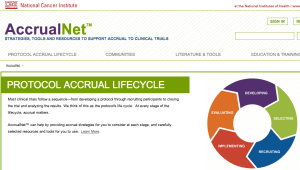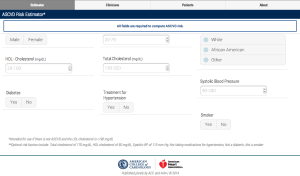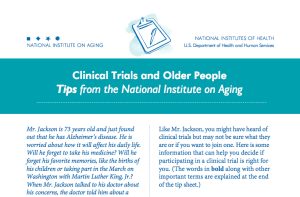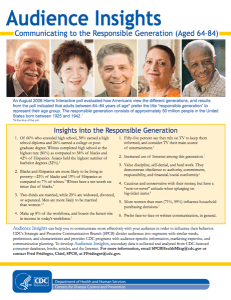Budgeting for Diverse Recruitment
NIMICT's Resource Collection
AccrualNet™

[cm_tooltip_parse]AccrualNet™ provides accrual strategies for each stage of your research and offers carefully selected resources and tools for you to use. While AccrualNet™ primarily focuses on cancer research, it still provides an array of useful information. It includes:1. A breakdown and explanation of protocol accrual lifecycle.2. A comprehensive list of relevant literature applicable to clinical research. 3. Staff education materials primarily focused on cancer research. General topics, however, are applicable to all clinical research.4. Patient education materials primarily focused on cancer research. General topics, however, are applicable to all clinical research.[/cm_tooltip_parse]
ASCVD Risk Estimator

[cm_tooltip_parse]This Risk Estimator is intended as a companion tool to the 2013 ACC/AHA Guideline on the Assessment of Cardiovascular Risk and the 2013 ACC/AHA Guideline on the Treatment of Blood Cholesterol to Reduce Atherosclerotic Cardiovascular Risk in Adults. This Risk Estimator enables health care providers and patients to estimate 10-year and lifetime risks for atherosclerotic cardiovascular disease (ASCVD), defined as coronary death or nonfatal myocardial infarction, or fatal or nonfatal stroke, based on the Pooled Cohort Equations and lifetime risk prediction tools. The Risk Estimator is intended for use in those without ASCVD with a LDL-cholesterol <190 mg/dL.[/cm_tooltip_parse]
Clinical Trials for Older Adults

[cm_tooltip_parse]Information from the National Institute on Aging (NIA) on clinical trials for older adults.[/cm_tooltip_parse]
Communicating to the Responsible Generation (Aged 64–84)

[cm_tooltip_parse]CDC's Audience Insights provides tips on how to to communicate more effectively with the Responsible Generation (Aged 64–84). It entails audience-specific information, marketing expertise, and communication planning.[/cm_tooltip_parse]
Resources